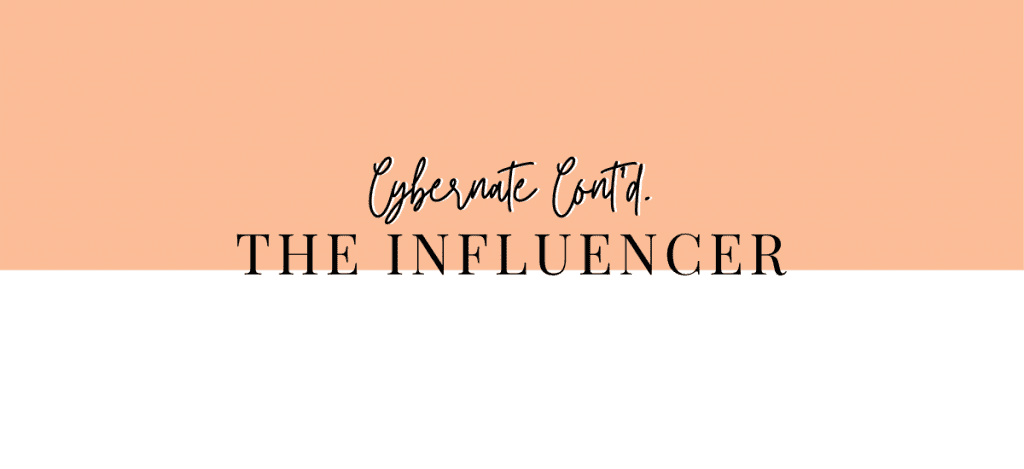

Today, brands are continuously challenged to adapt in real-time and stay relevant by meeting people where they are. That is why most brands have serious social marketing strategies, including the use of influencers. Indeed, brands are set to spend up to $15 billion on influencer marketing by 2022, according to Business Insider Intelligence.
The ways companies work with influencers has been influenced by our new found cybernation. With advertising agencies and production companies temporarily shut, brands have become increasingly dependent on influencers for at-home content creation. According to a study by the marketing firm Obviously, brands are discovering that homegrown content is just as good and far more cost-effective than slick productions made in a studio, since creators are able to produce high-quality content on small budgets.
The benefits of influencer-led content creation campaigns also ring true for photoshoots for hotels and hospitality companies. While flying out models, photographers, and stylists to hold elaborate photoshoots on location was not a viable – or advisable – option for many properties in 2020, working with influencers adept at playing all those roles simultaneously proved to be a sound solution.
When the SoNo Collection, an art-inspired shopping center in Norwalk, Connecticut, held its reopening amid the pandemic, the shopping center partnered with key local influencers to assure guests of its attention to health protocols and the well-being of their shoppers.
Influencers are also poised to become the new retail. As stores closed for a time or for good in 2020, some influencers developed Instagram pop-up shops filled with their favorite brands – something that could become more attractive as retail spaces continue to empty. Some fashion brands are even opting out of wholesaling to chain stores and switching to a ‘smaller is better’ strategy. According to Vogue, the owner of the edgy fashion brand Tibi exited big retail last year to focus instead on small boutiques and influencer partnerships. As the company’s CEO explained, an influencer “can basically buy from us at wholesale and sell it to her clients as if she were a retailer, without four walls. If many of the department stores won’t survive, maybe this is a new model we should explore.”
—
Next TrendHawk topic up on the docket? Post-Covid Comfort.

